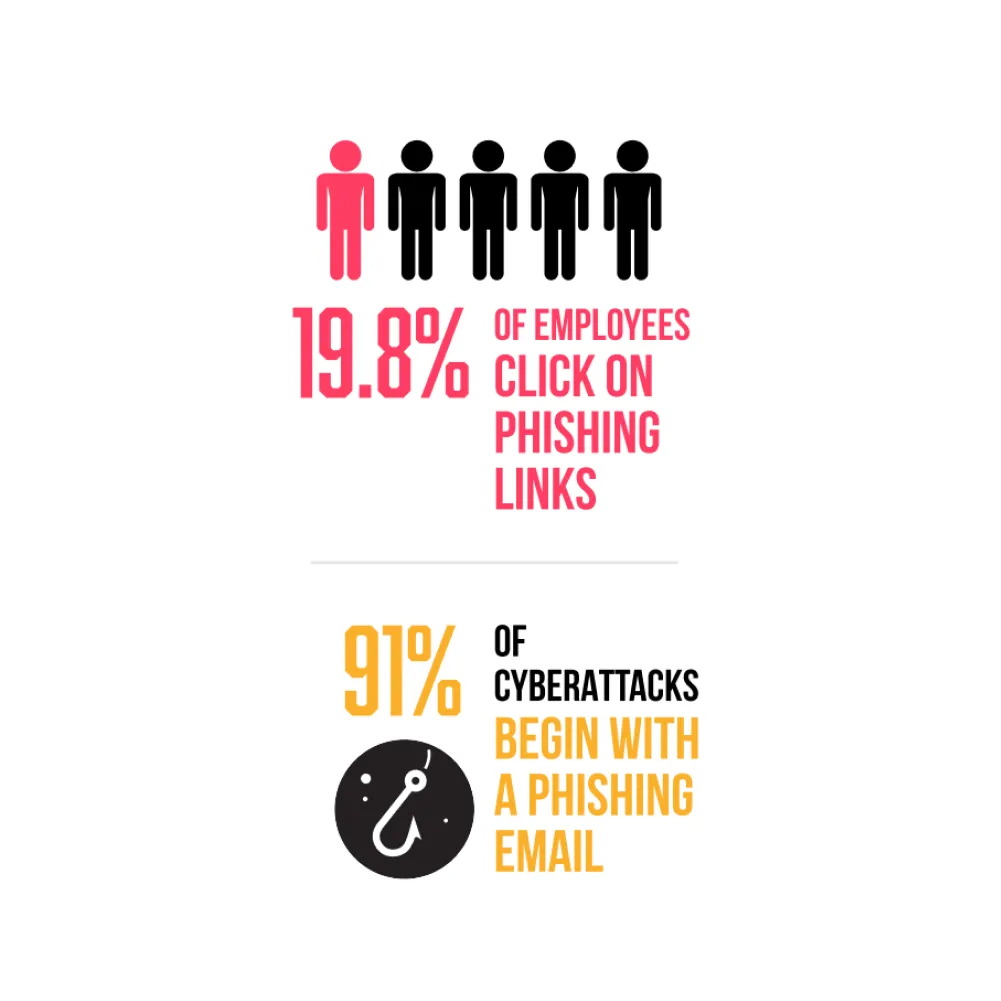In today’s fast-paced world, enterprises of all sizes encounter numerous challenges in managing their information technology (IT) infrastructure and optimizing its potential. The conventional role of a Chief Information Officer (CIO) has been limited to large corporations that can afford a dedicated executive. With the introduction of virtual CIO services, small and medium-sized businesses can now avail themselves of the advantages of having a strategic technology partner without incurring exorbitant costs.
The Virtual CIO, or vCIO, is a revolutionary service that enables businesses to access top-tier strategic IT guidance without needing a full-time commitment and the associated costs of hiring a traditional CIO. The vCIO solution is designed to offer high efficiency, expertise, and flexibility to streamline your IT strategy and accelerate your organizational growth. With the Virtual CIO services, you can expect to receive professional and formal guidance that will help you make informed decisions and stay ahead of the competition. Employ our Managed IT Services Provider in Shreveport to get benefits of VCIO services in your businesses.
This article will explore what is a Vcio and the benefits of hiring a Virtual CIO.
What is a Virtual CIO?
A Virtual CIO, or Chief Information Officer, is an outsourced role providing businesses with strategic IT guidance and leadership. Unlike a traditional CIO, a full-time employee, a Virtual CIO is typically contracted part-time or as needed.
The primary responsibilities of a virtual chief information officer include developing and implementing IT strategies and ensuring the alignment of IT initiatives with business goals. Moreover, businesses can access high-level IT guidance though their costs associated with hiring a full-time executive. Visit our IT Support Provider in Little Rock to get the expertise of VCIO in your business.
5 Top Benefits of Hiring a Virtual Chief Information Officer
1. Strategic Technology Planning
One of the key benefits of hiring a virtual CIO is their expertise in strategic technology planning. A virtual CIO can help align your organization’s technology goals with its overall business objectives, ensuring that your technology investments are strategic and impactful. They can assess your current IT infrastructure, identify areas for improvement, and develop a comprehensive technology roadmap that outlines the steps needed to achieve your long-term goals.
By leveraging their knowledge and experience, a virtual CIO can help you make informed decisions about technology investments, prioritize projects, and stay ahead of emerging trends in the ever-evolving digital landscape. This strategic approach to technology planning can lead to increased efficiency, cost savings, and overall business growth.
2. Access to Full-Time CIO Resources at a Fraction of the Cost
Hiring a virtual Chief Information Officer (CIO) can provide businesses access to full-time CIO resources at a fraction of the cost. A CIO has a crucial role in any organization and is responsible for overseeing the strategic planning and implementation of technology solutions. Employing a Chief Information Officer (CIO) on a full-time basis can be quite costly, particularly for small or medium-sized enterprises.
By opting for a virtual CIO, companies can benefit from the expertise and guidance of an experienced professional without the high costs associated with a full-time employee. It allows businesses to leverage the knowledge and skills of a CIO on an as-needed basis, providing them with valuable insights and recommendations to drive their technology strategy forward.
3. Focus on Core Competencies
Hiring a virtual CIO can provide numerous benefits for businesses, including the ability to focus on core competencies. By outsourcing the responsibilities of a CIO to a virtual professional, businesses can free up their internal resources and concentrate on the areas in which they excel.
It increases productivity and efficiency, as employees can dedicate their time and energy to tasks that directly contribute to the organization’s goals. In addition, by leaving the technology strategy and management to a virtual chief information officer, businesses can ensure that an expert with the necessary knowledge and experience handles these critical functions.
4. Risk Management and Security Expertise
Hiring a virtual Chief Information Officer (CIO) comes with several benefits, including access to risk management and security expertise. A virtual CIO is an expert in cybersecurity best practices, and can help identify vulnerabilities in your organization’s IT infrastructure. They can then develop and implement strategies to mitigate these risks, ensuring that your sensitive data and systems remain protected from potential threats.
Furthermore, a virtual CIO can stay up-to-date with industry regulations and compliance requirements, ensuring that your organization remains in good standing with regulatory bodies. By having a dedicated expert focused on risk management and security, you can know that your organization’s digital assets are in safe hands.
5. Clear and Effective Communication
Clear and effective communication is one of the key benefits of hiring a virtual Chief Information Officer (CIO). Virtual CIOs are experienced professionals who can effectively bridge the gap between business strategy and technology. They have extensive knowledge of IT systems and can communicate technical concepts clearly and concisely to technical and non-technical stakeholders.
It ensures that everyone involved in the decision-making process understands the implications and benefits of different technology solutions. By having a virtual CIO, businesses can enjoy improved communication, alignment, and collaboration between departments, resulting in more efficient and effective implementation of technology initiatives.
Challenges and Considerations
Integration with Existing Teams
When integrating with existing teams, there are several challenges and considerations to remember. One of the main challenges is ensuring a smooth transition and minimizing disruptions to the workflow of the existing team members. It is essential to communicate clearly with the current and new team members, providing them with information about the integration process and any possible changes.
Further, addressing any potential conflicts or resistance from the existing team members is crucial, as they may feel threatened or overwhelmed by adding new members. Building trust and fostering open communication between the two teams can alleviate these challenges and facilitate a successful integration process.
Security and Confidentiality
When it comes to the challenges in any business, the utmost importance lies in maintaining security and confidentiality. It is of critical importance to protect sensitive information and ensure the privacy of customers and clients, as it directly impacts trust and credibility. This includes safeguarding data from unauthorized access, implementing strong encryption measures, and regularly updating security protocols to avoid potential threats.
Additionally, organizations must establish robust policies and procedures to ensure employees understand the importance of confidentiality and adhere to strict guidelines when handling sensitive information. By prioritizing security and privacy, businesses can mitigate risks, protect valuable assets, and maintain the trust of their stakeholders.
Scalability and Flexibility
Scalability and flexibility are two key considerations that businesses must address when it comes to their growth and development. Scalability refers to a business’s ability to handle an increase in workload or demand without sacrificing performance or quality. This is particularly important for companies anticipating rapid growth or fluctuations in demand.
On the other hand, flexibility refers to a business’s ability to adapt and respond to changing market conditions, customer needs, and technological advancements. A flexible business can quickly adjust its operations, processes, and strategies to stay competitive and meet evolving customer expectations.
In Conclusion
Hiring a virtual CIO can be a crucial advantage for businesses seeking to remain ahead of the competition. The benefits of engaging a virtual CIO range from cost efficiency and strategic planning to enhanced expertise and scalability. By capitalizing on the potential of cutting-edge technology and leveraging the acumen and direction of a virtual CIO, organizations can maximize their IT investments, foster innovation, and position themselves for sustained triumph in the dynamic digital age.



